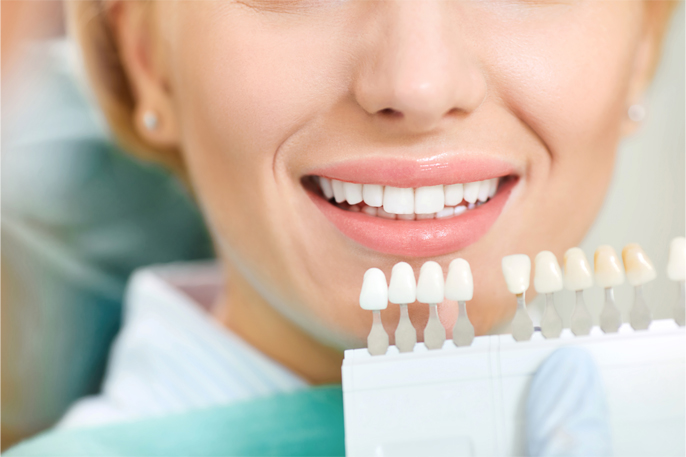If you experience a physical reaction to the idea of certain stimuli being triggered by going to the dentist, you may have dental anxiety. Dental anxiety is common among kids and adults alike. Continue reading to learn if IV Sedation may be right for you.
When dentists perform restorative procedures, there are typically a variety of sedation options available to the individual. The two main ones being nitrous oxide or intravenous (IV) sedation. The inhalation of nitrous allows a patient to relax, but IV sedation can guide the patient into a deeper relaxation and in some cases, lull them to sleep.
The following are benefits to utilizing IV sedation for sleep dentistry.
– Administration of the drug tailored to the patient’s needs
– The results of IV sedation are reliable and the most effective means of sedation
– If you are particularly sensitive to your gag reflex, IV sedation will relax the reaction, but your dentist may recommend nitrous oxide
– In contrast to general anesthesia, IV sedation is safer and allows you to retain consciousness.
– Due to the amount of control your practitioner has with the dosage of IV administered, your recovery time is shorter than with oral sedation.
Remaining consistent with your oral health in your daily life, as well as with regular check-ups, are the best way to avoid unfavorable experiences at the dentist. If you do enter into a restorative process, discuss your concerns with your dentist to see if IV sedation may be right for you.
To schedule an appointment or learn more about the beautiful smiles Dr. Sukari McMiller has created visit us online today at www.dreamworksdentalcare.com.
Dr. Sukari McMiller proudly serves patients from Fayetteville and all surrounding areas.





